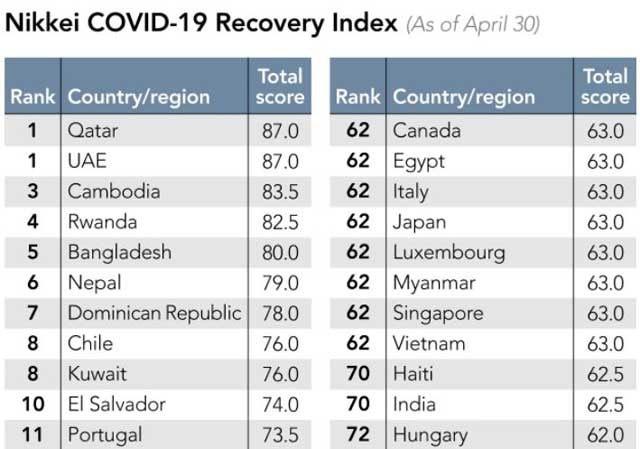Reading Time: 3 minutes
By Md Mojahidul Islam Dheow
Bangladesh’s press is at a crossroads. A year after the mass uprising of 2024 promised a fresh dawn for the country’s long-troubled media, journalists still move under a heavy cloud of political, institutional, and psychological pressure. Across the nation, more than 250 cases have been filed against reporters in the last 12 months—not all for crimes of substance. Some are clear attempts to stifle critical reporting; others stem from something as ordinary as a social media post. The message is unmistakable: those who challenge authority face serious consequences.
Legal reform has offered a glimmer of hope with the newly debated Section 173A of the CrPC, 1898, which allows an accused to be discharged during investigation if a high-ranking police supervisor finds insufficient evidence. But the question remains: will this tool be used impartially—or selectively, to shield the powerful and punish dissenters?
The dangers facing journalists were made starkly clear on August 7, when Asaduzzaman Tuhin was killed while on duty. Just a day earlier, Anwar Hossain was assaulted while reporting on extortion at a Gazipur CNG auto-rickshaw stand. These incidents are not isolated—they are part of a pattern of violence and intimidation aimed at silencing the press.
Even the newly crafted Cyber Security Ordinance (CSO) 2025—intended to replace repressive predecessors like the Digital Security Act (DSA) 2018 and the Cyber Security Act (CSA) 2023—retains troubling elements. While some contentious sections have been removed, Section 42 still allows the use of repressive tools drawn from the ICT Act 2006, the Evidence Act 1872, and the CrPC. Vague phrases such as “public confusion,” “threats to national security,” and “anti-state acts” remain undefined, enabling broad crackdowns on civil liberties, journalism, and political opposition.
Beyond the legal framework lies a deeper crisis. Corporate influence and editorial compromises have long weakened investigative journalism in Bangladesh. The media’s role as a pillar of democratic accountability has eroded, with many outlets beholden to owners’ political and commercial interests. With no substantial institutional reform since the change in government, the press remains vulnerable to regulatory harassment, licensing obstacles, and punitive taxation whenever coverage strays from the “approved” line.
Two proposed reform measures—the Journalists’ Protection Ordinance 2025 and the National Media Commission Ordinance 2025—once promising, are stalled in bureaucratic limbo. The “one house, one media” policy, intended to prevent individuals or organizations from owning multiple outlets, remains unrealized despite the Media Reform Commission’s advocacy.
Even the Bangladesh Press Council risks becoming yet another instrument of state control unless its mandate is reimagined to prioritize journalist protections. Political divisions within journalist unions and media organizations further weaken any unified stance for press freedom. Ownership patterns skew licensing and content toward vested interests, while dissenting voices are punished through regulatory harassment or punitive audits. Inside newsrooms, self-censorship grows as fear of legal trouble and professional retaliation suppresses candid reporting. Whistleblowers remain silent, and investigative journalism is increasingly replaced by risk-averse coverage.
What Bangladesh needs is a national framework for self-regulation that binds all outlets: an internal editorial code of conduct, a grievance redressal mechanism, anti-harassment policies, and straightforward complaint resolution processes. A transparent, independent media ombudsman should adjudicate defamation claims and public complaints. Only with genuine independence, accountability, and a clear commitment to journalist safety can the industry rebuild trust and integrity.
Beyond reform, there is an urgent need for immediate protection and practical empowerment of reporters in the field. The proposed Journalists’ Rights Protection Ordinance 2025 aims to codify such protections, with penalties of up to five years’ imprisonment and substantial fines for violence against journalists. It would:
(a) defend journalists from violence, threats, and harassment;
(b) shield sources and protect newsroom independence;
(c) guarantee the right to work without fear;
(d) ensure safe reporting environments within media organizations;
(e) safeguard good-faith reporting; and
(f) establish clear complaint, investigation, and trial procedures.
The ordinance mandates that fines can be directed as compensation to the harmed journalist and holds both individuals and, when applicable, organizations accountable for failing to prevent or address abuses.
If implemented effectively, it could mark a turning point. But enforcement requires a judiciary capable of handling cases efficiently and free from political influence. Authorities must be bound by law to protect journalists, safeguard newsroom neutrality, and defend those who publish information in the public interest.
The current moment is pivotal. Real reform demands more than laws on paper—it requires political courage, institutional independence, and a mature democratic culture. Journalists must unite beyond political divides, media owners must shed partisan agendas, and the state must commit to protecting the very people who hold it accountable.
Time is slipping away. Each delay erodes public trust, silences more journalists, and buries more truths. If Bangladesh is to have a democracy worthy of the name, it must build a press that is free, secure, and independent—not as an ornament of democracy, but as its beating heart.

